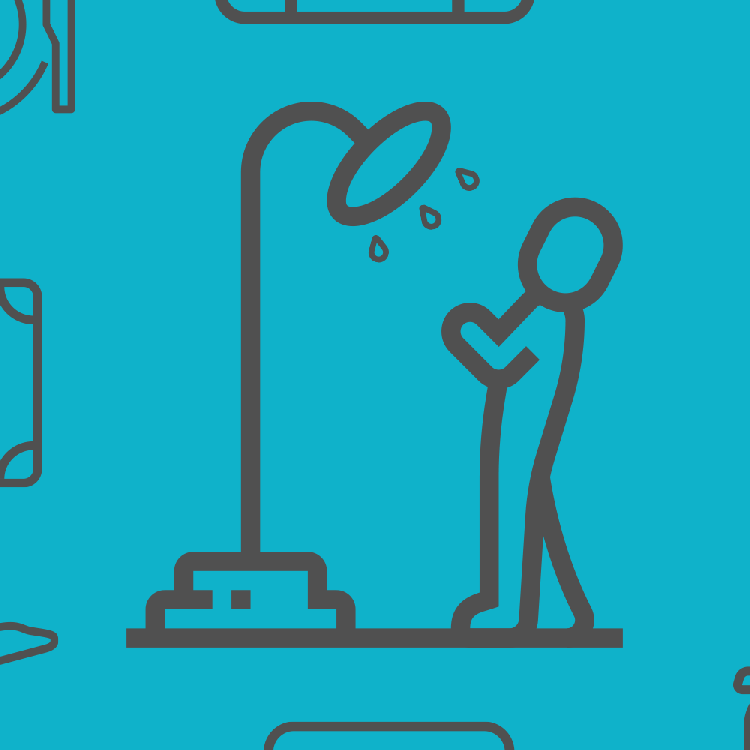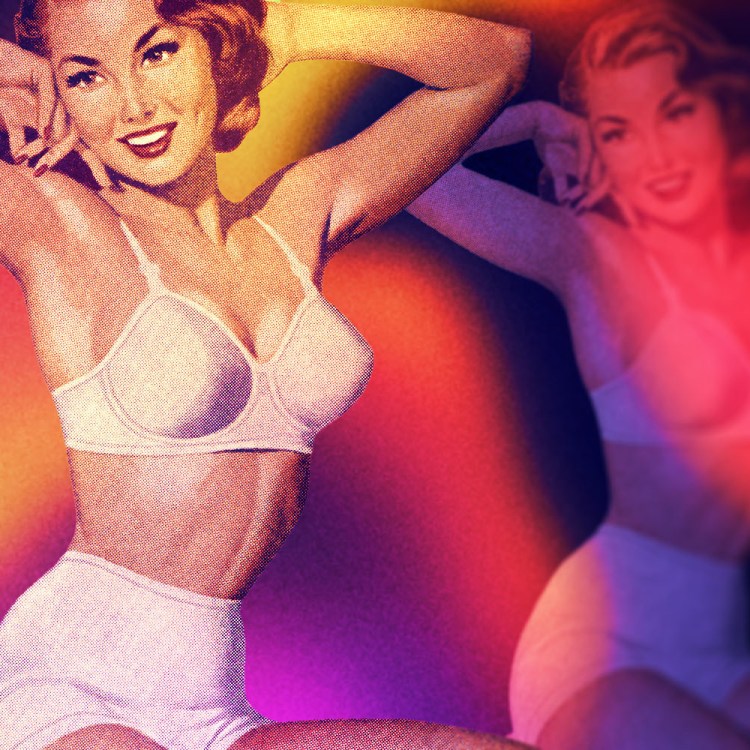I took a casual office poll the other day, and asked my coworkers whether they A) planned their workday outfits the night before, or B) figured them out the morning of. Their responses were split down the middle. A couple people in the “morning of” camp said they’d only ever lay out an outfit the night before a flight. I’m not (necessarily) here to declare those people wrong. But I’ve played that game before, and I recently converted to the night-before method. It’s an absolute game-changer, and I’ve give serious thought to why that is.
It started when I became a morning workout person. In late spring, I decided to free up my evenings by scheduling most of my workouts throughout the week for before work. I’d commute to the gym in athletic-wear, sweat a bit, shower, then change into an outfit I’d chosen the night before. I soon noticed, though, that even on days without a workout, where I was sleeping in, I was leaving clothes out before bed. I’d come to prefer it, and have now reached a point where I can’t imagine not doing it.
The key, I’ve realized, is that while mornings are always stressful, they aren’t often riddled with decisions. Or, at least, they don’t involve decisions that require nuance. It’s more of a yes/no to-do list. Will you shower? Brush your teeth? Comb your hair? Make your train? Eat breakfast? Of those, food leaves the most room for creativity, but over half of Americans skip breakfast at some point in the week, and those who do don’t take it that seriously. It’s grain, a banana and a coffee, either on the go or at the office. Top Chef-worthy morning meals are for Sunday.
Clothing, though … that requires some thought. It demands knowledge, for starters. To make an informed decision, you need a thorough understanding of the day’s weather and its events. That includes happenings in and out of the office: potential meetings, happy hours, your exercise schedule, what have you. And to make an inspired decision, which can be defined as anything in between you not hating what you’re wearing, and multiple compliments at the water cooler, you need to be able to harness your mental faculties and not be stressing too much about all that aforementioned combing, brushing and training. The whole process gets even more complicated if you have dependents, who have dressing decisions of their own to make, or for you to make for them.
Which is why I recommend making the switch, and committing to laying out your clothing the night before. If you’re worried about weather, relax. Assuming you’re headed to sleep somewhere in the 9:00-1:00 range, because you’re an adult person, the weather forecast on your phone plenty reliable. Maximum temperatures on a 24-hour forecast are accurate to within two degrees 90% of the time. Precipitation predictions aren’t as exact a science, at 70% accuracy three hours in advance, but that’s more of an umbrella situation, isn’t it? And everyone should have a cheap rain jacket handy at the office anyway.
Others might claim that picking clothing the night before discourages spontaneity, that it suffocates flair. There is some level of truth to that; you may find yourself falling into a “uniform,” and reaching for dependable pieces each night. But really, how often does morning-you concoct some legendary outfit while getting dressed in the dark? You can still take risks by planning the night before, and importantly, you can see how it makes you feel. According to a study released in 2012, there is a strong link between clothing and mood state. When we’re feeling down, we should be reaching for clothes that make us happy. But that’s a tough assignment in the half hour after your alarm goes off.
From a logistical standpoint, the night before also gives you a chance to spot imperfections — wrinkles, pesky stains, colors that don’t match — and address them. Then hang it all up on a hook so it’s nice and straight, pick your shoes, and lay out your watch, too. Nightly routines are far gentler than their morning counterparts, and you might find that doing this each evening will calm you down, and serve as another reminder that sleep is near. When you wake up, you’ve now got anywhere from a few extra minutes, to fifteen. (I’m the latter; I used to take forever.) Those minutes, as units, are objectively more useful in the morning than at night. There isn’t much difference between going to bed at 11:33 and 11:41. But eight minutes in the morning could mean an earlier train, or a longer shower.
Another added bonus? You might come across an article of clothing you haven’t seen in a while. The back of the closet doesn’t get enough attention when you’ve got places to be. Try it tonight.
This article was featured in the InsideHook newsletter. Sign up now.





















